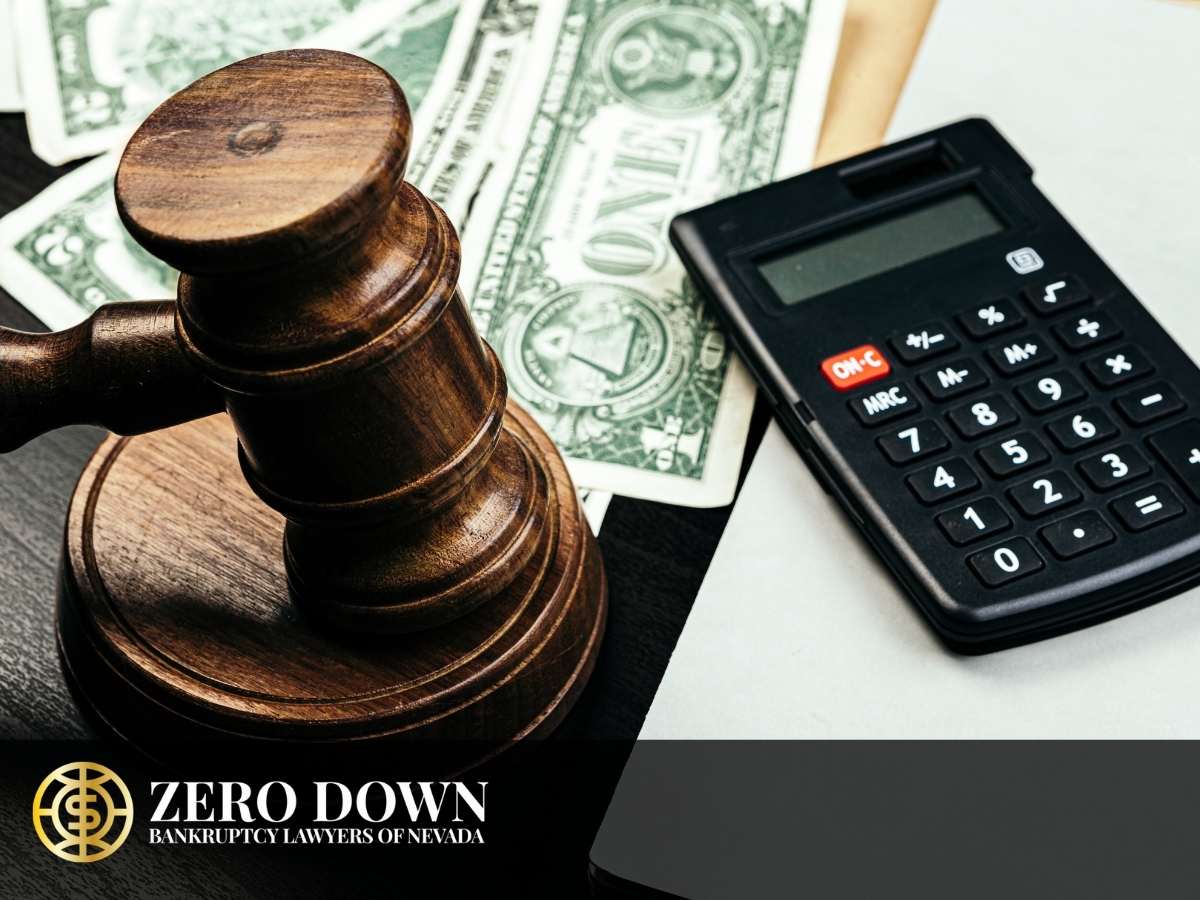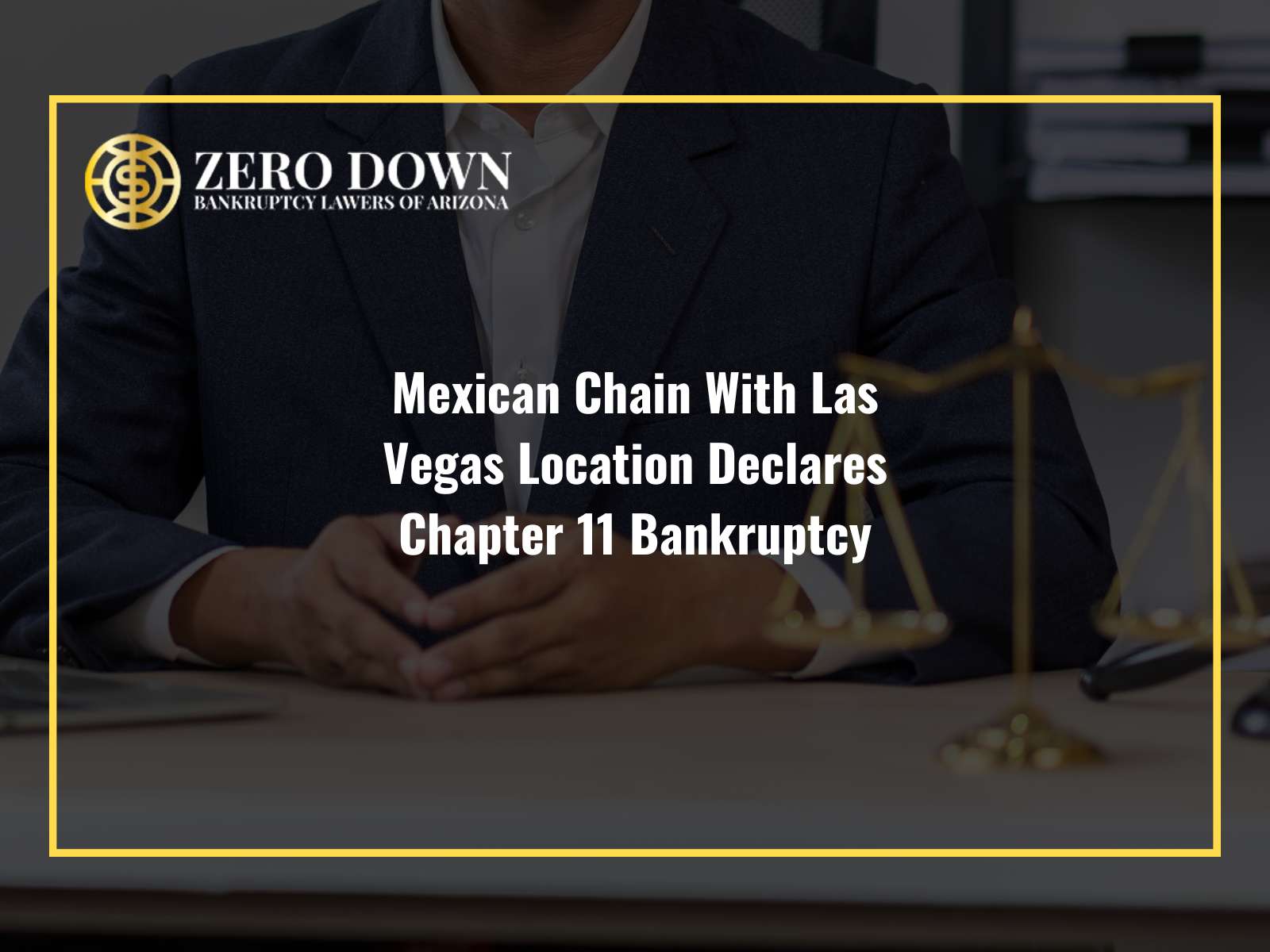Bankruptcy & Tax Debt
How Bankruptcy Can Help With Your Tax Debts In Nevada
If you have unmanageable tax debts, you may be wondering about bankruptcy. Depending on certain factors surrounding your tax debts, as well as your income and other personal information, you may be able to discharge some or all of your tax debts in bankruptcy. This can give you more control over your finances and help you rebuild a stronger credit history. However, bankruptcy doesn’t come without its drawbacks and complications. Read on to learn more about how bankruptcy might be able to help you with your tax debts. If you have additional questions, contact our firm to request your free consultation.

Categorizing Your Tax Debt- Priority Or Nonpriority
One of the most important factors to consider when weighing a bankruptcy due to tax debt is whether your tax debts are priority debts. This can determine if, and how much, bankruptcy will be able to help you.
Taxes are priority debts unless the following factors are met:
- The tax debt must be from at least three years prior.
- The tax returns must have been filed at least two years before the bankruptcy filing.
- The debt must have been assessed at least 240 days prior.
- You must not have committed fraud in the tax filing for the years you owe.
- Your taxes are income taxes- not payroll taxes, trust fund taxes, employment taxes, etc.
Chapter 7 Bankruptcy & Tax Debt
Chapter 7 bankruptcy is a liquidation bankruptcy that wipes away many types of unsecured debts. While it is the most popular form of consumer bankruptcy, there are many restrictions on who is allowed to file. Assets that are too valuable won’t be protected by bankruptcy exemptions, and are at risk of being seized and sold by the bankruptcy trustee. There are waiting periods between bankruptcy filings, and they are generally longer for a Chapter 7 bankruptcy than a Chapter 13 bankruptcy. But what probably disqualifies the most people from Chapter 7 bankruptcy is income.
The trustee generally wants to see that you don’t have enough money to reasonably pay your debts. The first way to show this is by comparing your income to the median for your family size and state. If you make less than that amount, you will automatically qualify for Chapter 7 bankruptcy. The second way to show that your income qualifies for Chapter 7 bankruptcy is by passing the Means Test. You will need to calculate your average monthly income, then deduct court-approved mandatory expenses from that amount. The number you calculate is referred to as your disposable monthly income. If that number is negative, or falls within a certain threshold, you will be eligible to file Chapter 7 bankruptcy.
So once you’ve determined that you are eligible to file Chapter 7 bankruptcy, you will need to make sure that Chapter 7 bankruptcy will actually help with your tax debts. This step may be far simpler than qualification calculations. Your tax debts will only be dischargeable in Chapter 7 bankruptcy if they are nonpriority, or meet the requirements described above. That means that Chapter 7 bankruptcy won’t help you with recent tax debts, or tax debts that otherwise are priority debts. While another form of debt relief may be more effective, Chapter 13 bankruptcy may provide you with a realistic way to resolve your tax debts.
Chapter 13 Bankruptcy & Tax Debt
Chapter 13 bankruptcy operates far differently than Chapter 7 bankruptcy. It is sometimes called a wage earner’s bankruptcy, as it pays the filer’s debts based in part on how much income they have available. To create your payment plan, debts are sorted into four types and paid in that order. First, legal fees to your bankruptcy trustee and Nevada bankruptcy attorney will be paid in your plan. The next type of debts to be paid are secured debts. These are debts with a piece of property attached as collateral which you make monthly payments on, usually in monthly installments. Most secured debts must be paid in full in your Chapter 13 payment plan, but there is an exception for home mortgages. Third, your priority debts will be paid off in your payment plan. Lastly, unsecured debts will be paid. The first three categories of debt must be paid off in your plan. If your disposable monthly income doesn’t allow for your unsecured debts to be paid in full in your plan, they may be wiped away at the end of your payment plan. A Chapter 13 bankruptcy payment plan lasts 3 years for someone who makes less than their state’s median income for their household size, and 5 years for someone who makes more than that amount.
If your tax debts can be discharged in Chapter 7 bankruptcy, they will be in the fourth tier of the debts paid in your payment plan, so they may not need to be paid in full. If they wouldn’t be dischargeable in a Chapter 7 bankruptcy, they will be paid in the third tier of your payment plan. You must stay current on your monthly plan payments, or your case could be dismissed.
What About The Rest Of My Debts?
When you file bankruptcy to deal with tax debts, that doesn’t mean that tax debts are the only type of debt that will be discharged. Bankruptcy code decides which of your debts will be discharged, not you- that means you don’t get to pick and choose what’s included. For example, you can’t decide to omit a personal loan from a friend or relative from your bankruptcy while discharging your credit cards and other debts. If your debt can be discharged in bankruptcy, it will be.
So what types of debts are dischargeable in bankruptcy? Common examples of unsecured debts include credit cards, medical debts, unpaid utilities and rent, repossession deficiency balances, personal loans, and more. Your tax debts can also be discharged if they meet the five requirements described in the first section. You can discharge secured debts if you surrender the assets associated with them in your bankruptcy. If your debts can’t be discharged, Chapter 13 may provide a more reasonable payment plan for you to catch up, while protected from your creditors by the automatic stay. Chapter 13 may allow you to discharge debts that can’t be discharged in Chapter 7 bankruptcy, like a secondary mortgage on your home. It is extremely difficult to discharge student loans in bankruptcy, and entirely impossible to discharge certain debts like child support.
Even if your debts are dischargeable, that doesn’t mean that your creditors will necessarily agree to your debts being discharged. After being notified of your bankruptcy filing, one or more of your creditors may file a Motion for Relief from the Automatic Stay. This is the legal protection that stops your creditors from taking actions like repossessions and wage garnishments while your bankruptcy is in good standing. If the judge grants the motion, your creditor will be allowed to proceed with collection despite your bankruptcy filing. Your creditors may also object to their debts being discharged at your 341 Meeting of Creditors, or at other points in the bankruptcy process. You may need to attend an adversary proceeding with your attorney to ensure that the debt isn’t excluded from your bankruptcy.

Zero Down Bankruptcy Lawyers
Phone: (702) 842-0700
Email: info@vegaszerodownbankruptcy.com
Las Vegas Office
5552 Ashley Creek St
Las Vegas, NV 89135
North Las Vegas Office
7251 W Lake Mead Blvd
Las Vegas, NV 89128
Henderson
1489 W Warm Springs Rd #110
Henderson, NV 89014







